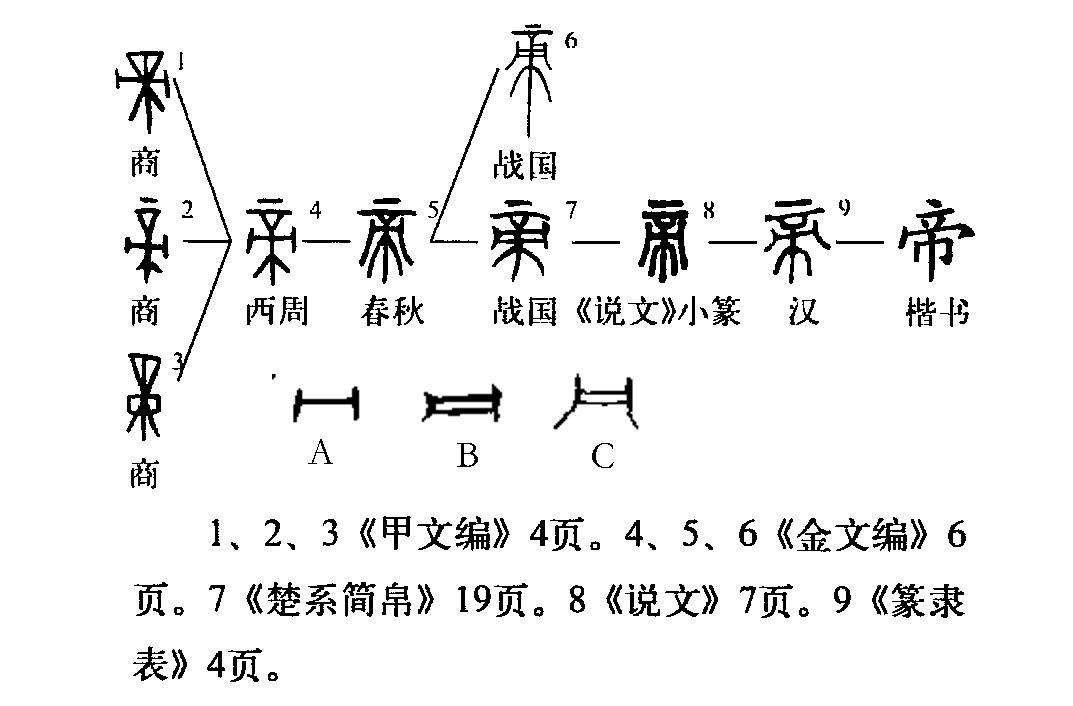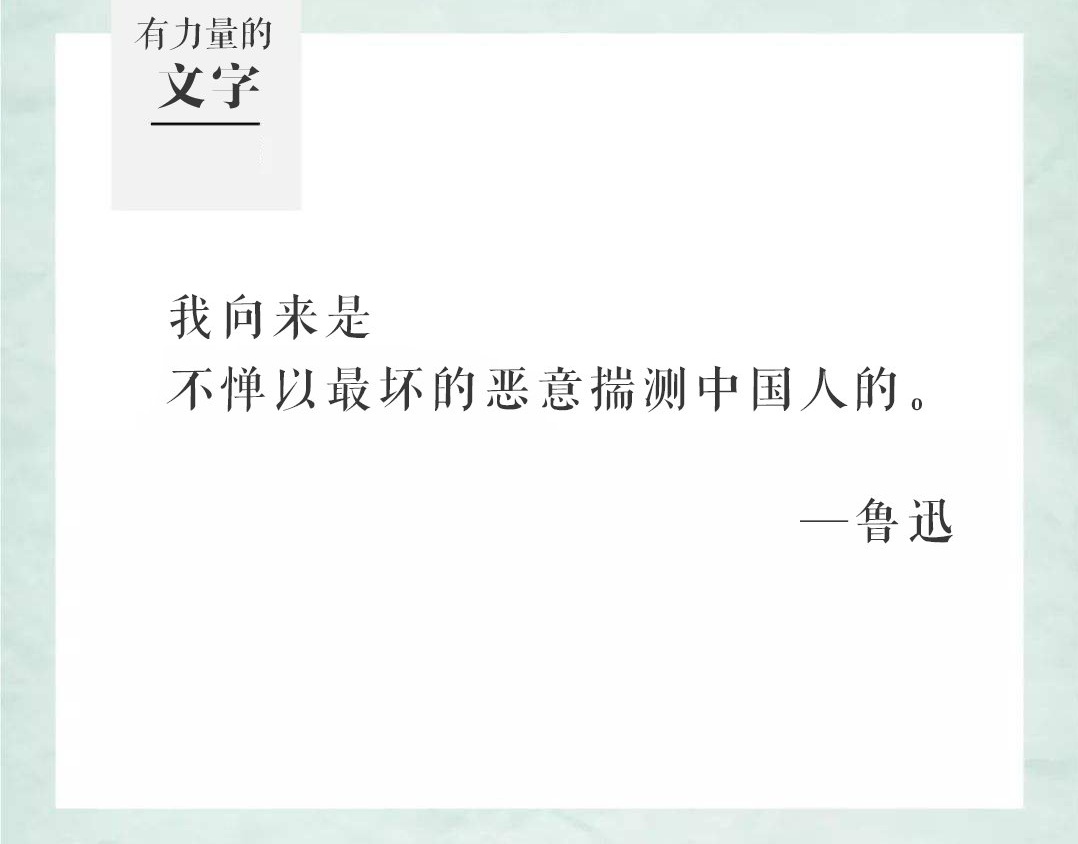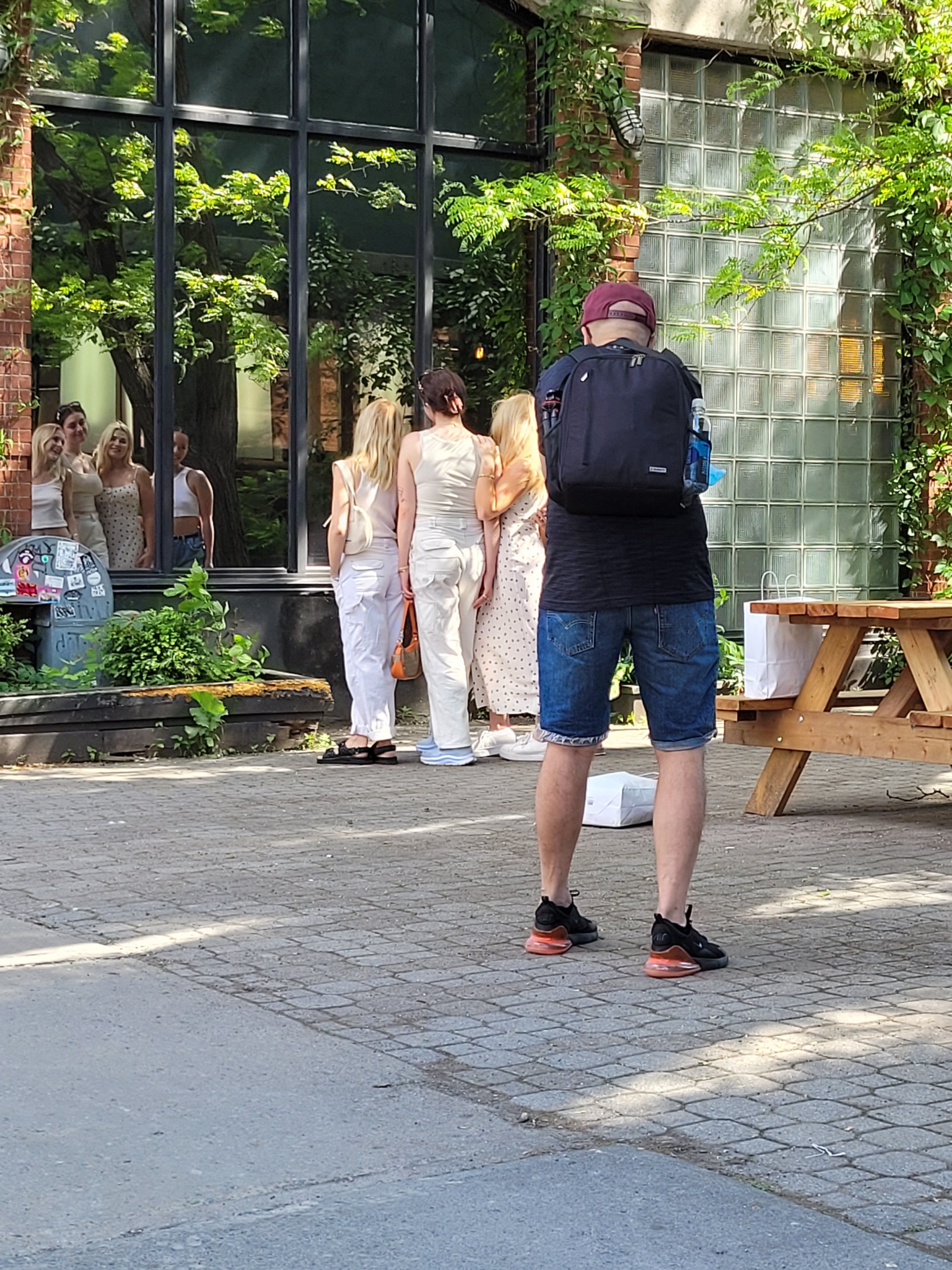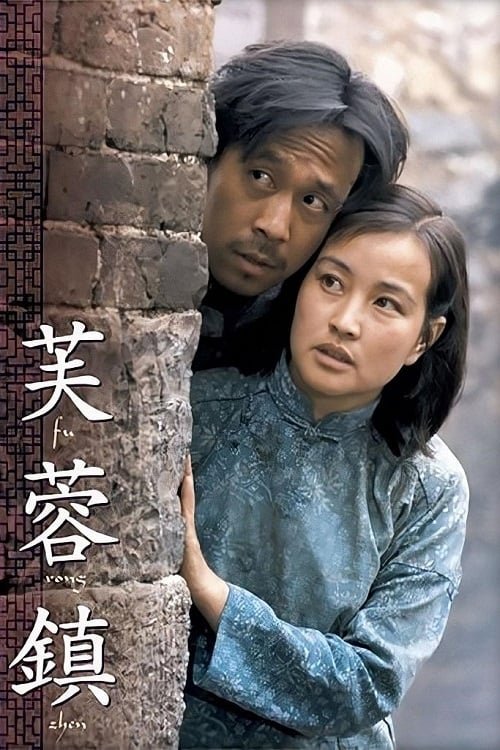Su’e in the Tang Dynasty was Wu Sansi’s singing girl. Wu Sansi had a maid named Yao Niang Qiao, who could sing and dance. Wu Sansi understands music, and he believes that the singing and dancing of the girl is the best art in the world. Soon, the girl drowned in Luoshui. So the Qiao family were all killed. Someone recommended Su’e to Wu Sansi and said: “There is an old lady in Fengyang, Xiangzhou, whose surname is Song, has a daughter who is good at playing the piano and is the best beauty in the world.” Wu Sansi used three hundred pieces of silk to hire.
After Su’e arrived, Wu Sansi liked her very much. So he held a grand banquet for Su’e to appear. The court officials all gathered, but Di Renjie said that he would not come. Wu Sansi was very angry and expressed some dissatisfaction during the dinner. After the banquet, someone told Di Renjie. The next day, Di Renjie went to see Wu Sansi and apologized: “I had a sudden onset of old illness yesterday and could not attend the meeting. However, if I did not see the beauty, I did not have this blessing. If there is a good feast in the future, I dare not arrive early?” Su’e heard about it, and said to Wu Sansi: “Di Renjie is a fortitude, not a frivolity and narrow-minded person. Why bother to suppress his temperament? If there is another banquet, please don’t let him come. “Wu Sansi said: “If he dares to refuse my banquet, I will kill his family!”
A few days later, there was another banquet. Di Renjie arrived first before the guests arrived. Wu Sansi deliberately welcomed Di Renjie into the inner room, drinking slowly, waiting for the guests. Di Renjie asked Su’e to come out early, so he wanted to appreciate Su’e’s skills. So Wu Sansi laid down the wine glass, set up a seat and called Su’e out.
After a while, the servant came out and said that Su’e was hiding, not knowing where she was. Wu Sansi personally went into the room to call her, but he didn’t see her either. Suddenly Wu Sansi smelled the scent of orchid musk in the cracks of the wall in the deep main room, and then listened to it. It was Su’e’s voice. Her voice was as thin as a silk, barely distinguishable. She said: “I ask you not to look for Di Renjie. He has been invited here and I can’t live anymore.” Wu Sansi asked why, she said: “I am not ordinary spirit, but the demon of the moon and flowers sent by God. God wants me to confuse your mind with words, and to rejuvenate the Royal Li family. Now, Renjie is a man of integrity in the contemporary era, and I dare not meet him at all. I have been your concubine before, how can I be ruthless! I hope you treat Di Renjie well and don’t have other killing ideas. Otherwise, your Wu family will have no descendants.” She finished speaking, Wu Sansi asked again, and she stopped answering.
Wu Sansi came out and saw Di Renjie, saying that Su’e was suddenly ill and couldn’t come out to respect the guests. Di Renjie didn’t know the reason. The next day, Wu Sansi secretly told Wu Zetian(Queen) about the matter. Wu Zetian sighed: “God has arranged it and I cannot change it.”
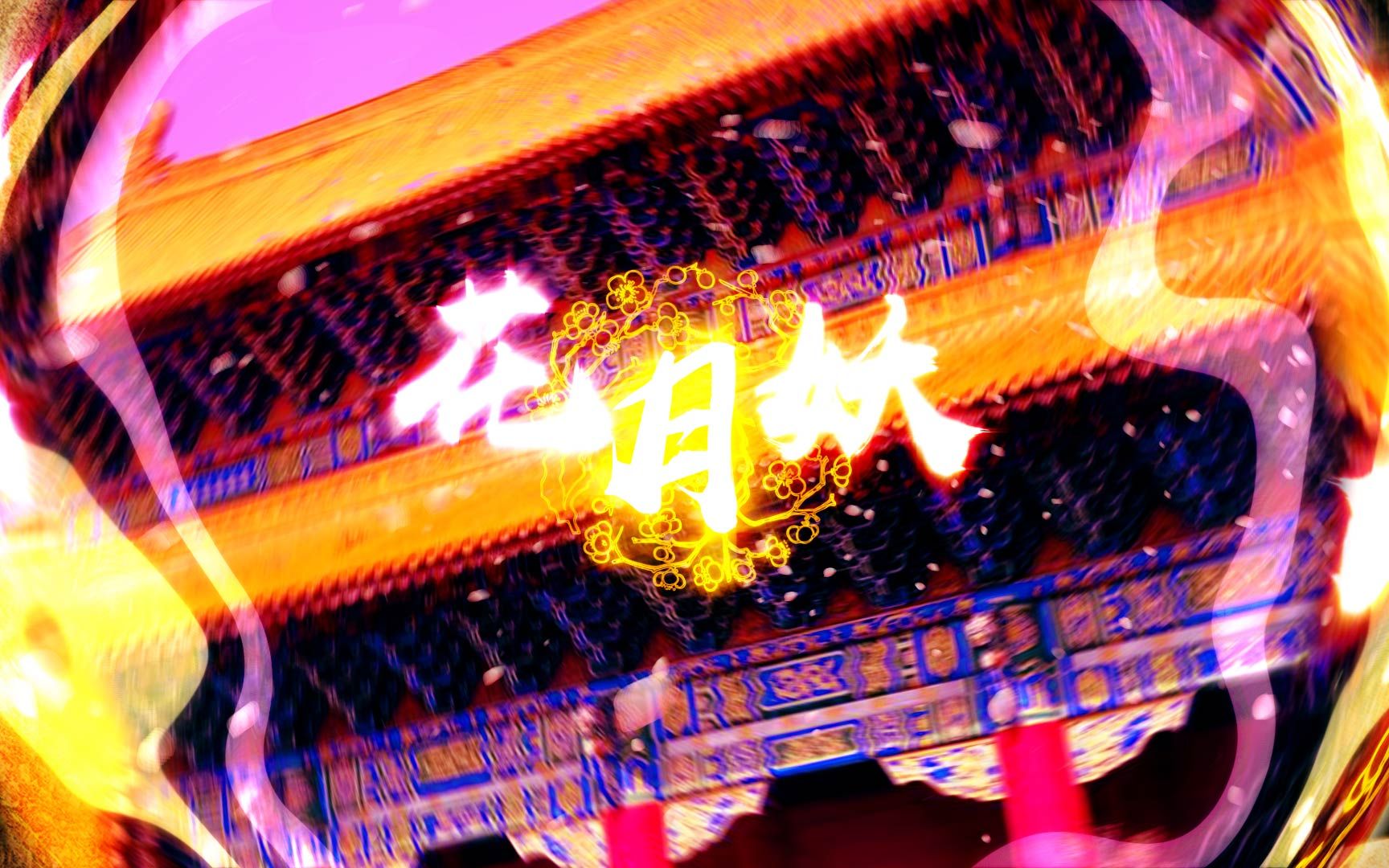
甘泽谣系列以唐朝袁郊所著传奇小说集《甘泽谣》为灵感蓝本,将九个故事各成一曲;本曲来源故事是《素娥》。倾国红颜即乃「花月之妖」。
作编曲
混音 康师傅の海鲜面
作词 邪叫教主
调校 Creuzer
和声 祖娅纳惜
logo 笙寒
曲绘 蚊香
Nan_Lee
PV 酱油红
演唱 墨清弦
化形朝云暮雨 自以烟火傍身
且顾盼 眼波不必识分寸
指拨风月令牌 点数裙下之臣
列群贤 争来赋韶华青春
海棠色醺朱颜 又含红杏未吞
君解语 何必令我先启唇
祸国立名史册 倾城不劳尺刃
这盛誉 最当属绝代佳人
我乃百花中王侯 戏荒唐春秋
传靡靡之音四百州
胭脂将里称魁首 策酒令花筹
艳杀乐府词三千首
瑶台月下逢 春风拂槛
云想衣裳花想容
从来盛世最难久 迷梦摧迷楼
不教那良夜歌舞休 纵情游
曳裾香汗弥散 衫底冰肌稍透
白莲颤 软玉足轻轻来勾
洒落半斛明珠 分赐一襟温柔
燃芳骨 引情热恰到火候
礼乐不崩自坏 九五何尊之有
欲拜我 先奉上绫罗锦绣
连七星成垂竿 娥眉月作金钩
有雅兴 沽名而钓世人愁
我乃乱世之祸由 无千金在手
也挥霍江山万里秀
敢坐欢场中龙头 写传世风流
笑圣名不似艳名留
瑶台月下逢 春风拂槛
云想衣裳花想容
从来盛世好下酒 醉倒万丈楼
不见那良夜有尽头 从未够
我乃乱世之祸由 无千金在手
也挥霍江山万里秀
敢坐欢场中龙头 写传世风流
笑圣名不似艳名留
我乃百花中王侯 戏荒唐春秋
传靡靡之音四百州
胭脂将里称魁首 策酒令花筹
艳杀乐府词三千首
瑶台月下逢 春风拂槛
云想衣裳花想容
从来盛世最难久 迷梦摧迷楼
不教那良夜歌舞休 纵情游
#甘泽谣系列#《花月妖》创作后记
从制作“甘泽谣系列”的一开始,我和海鲜就希望这个系列里的每一首歌都能在风格上有所不同,从九则唐传奇中展开九种各具特色的风貌与意境。所以在每次正式创作前,我们会先考虑我们要以什么角度来切入原著故事,提炼出适合写成歌的情绪。
在创作前五首时,我们都是试图尽量靠近原作的精神。而到了第六首《花月妖》,我们则想大胆一点,给大家换换口味。于是和前作比起来,这首的内容形式更加跳脱,曲子也采用了现代元素更重的电子风格。
这首歌的原作《素娥》,虽以武三思的宠姬之名为标题,但其实是借素娥这个人物来反衬描写狄仁杰的清正以及“天之所授”。如果要更贴合原著,应当还是以狄仁杰为主体来写。可偏偏我自己对这故事最感兴趣的却是其中一个不算重要的概念:“花月之妖”。天帝遣“花月之妖”来使得人间君王领袖心神动荡,这出奇的说法让人一下子联想到上下五千年历史中的所谓“红颜祸水”。恰好唐朝也正有一位对应“红颜祸水”的知名人物——杨玉环。作为后代人的袁郊会写出“花月之妖”这个概念,很难说不是有所影射。所以我在歌词中专门引用李白写杨玉环的诗句,以呼应唐朝历史,且把“花月妖”从素娥一个人扩展成一个类型的历史形象。
我之所以会对这种形象产生兴趣,源于我十分着迷于“盛极而衰”这个意象。在阅读唐传奇的过程中,我意识到盛世也是一种幻想:在其之后和在其当中的人都把“盛世”像他们自己的梦一样反复涂抹。“盛极而衰”则是梦境美到极致时倏然消陨,是历史的夜空中一场磅礴的烟花。而那些倾世的红颜,往往都是“盛极而衰”这种意象的具体寄托。一个时代若非“盛极”,怎会有余力去穷尽奢靡讨好美人。美人的美总是与时代的繁盛相互映衬,但又所谓“红颜薄命”,就是因为这样的时代也总会同美人一起凋零。其实人们都知道,一个王朝的气运兴衰,绝不仅仅就因为美人的一笑而毁于一旦,但人们却需要用美人为那个曾经美丽过的时代来做总结与标注。在人们眼中,她们既是罪魁祸首,也是传奇的巅峰与结局。她们所代表的,是千百代人对于盛世之幻想的归宿,是这个世界所有易逝的美的终点,是流光溢彩的肥皂泡将要破碎的一瞬。她们就是传奇本身。
在“倾国倾城”的标签下,历史中真实的美人们恐怕都难以逃脱大时代下身不由己的个人命运。因此我也想以虚构的“花月妖”替她们飞越现实的悲剧性。所以,抽离于具体的某个历史人物,全词以“花月妖”第一人称写出的傲慢张狂的态度纯粹是一种“戏说”,毕竟“花月妖”看上去确实以“祸国”、“惑众”为成绩功勋,反倒有种游戏人间、自嘲自恋的风流洒脱。
我写“盛极而衰”更倾向于写盛景而非衰景,危险潜藏在甜蜜之下,可越是不安越要肆意。“从来盛世最难久,迷梦摧迷楼”,迷楼终将倒塌,那场迷梦意义何在?这个问题的答案就像绝世佳人的美一样,我想它不存在于道理之中,它只为幻想点睛。
脱胎于唐传奇的“甘泽谣系列”本身,也可说只是一连串幻想的集成,这里面有原作的幻想,也有我和我搭档的幻想。作为非专业的创作者,我们努力打磨这个系列的意义,并不是为了将它作为我们技艺的证明。我们打磨的是我们自己的梦境,是我们要讲给听众的故事。每首歌都会有人觉得是这个系列里最触动TA的,这很自然,毕竟九个故事本就不同,每种感情都应有自己的归处。“甘泽谣”能更新到现在,我和海鲜要感谢一直以来支持我们的听众朋友,还有就是所有帮助我们真正完成这些作品的staff。《花月妖》将是目前阶段本系列公开发布的最后一首歌,余下未发布的三首希望能尽快以数字专辑的形式与大家见面。相关信息可关注我的微博(@邪叫教主不与邪教苟且)或我搭档的微博(@海鲜快来)或网易云音乐人“海鲜面”。
愿美梦常在。
来源:知乎


